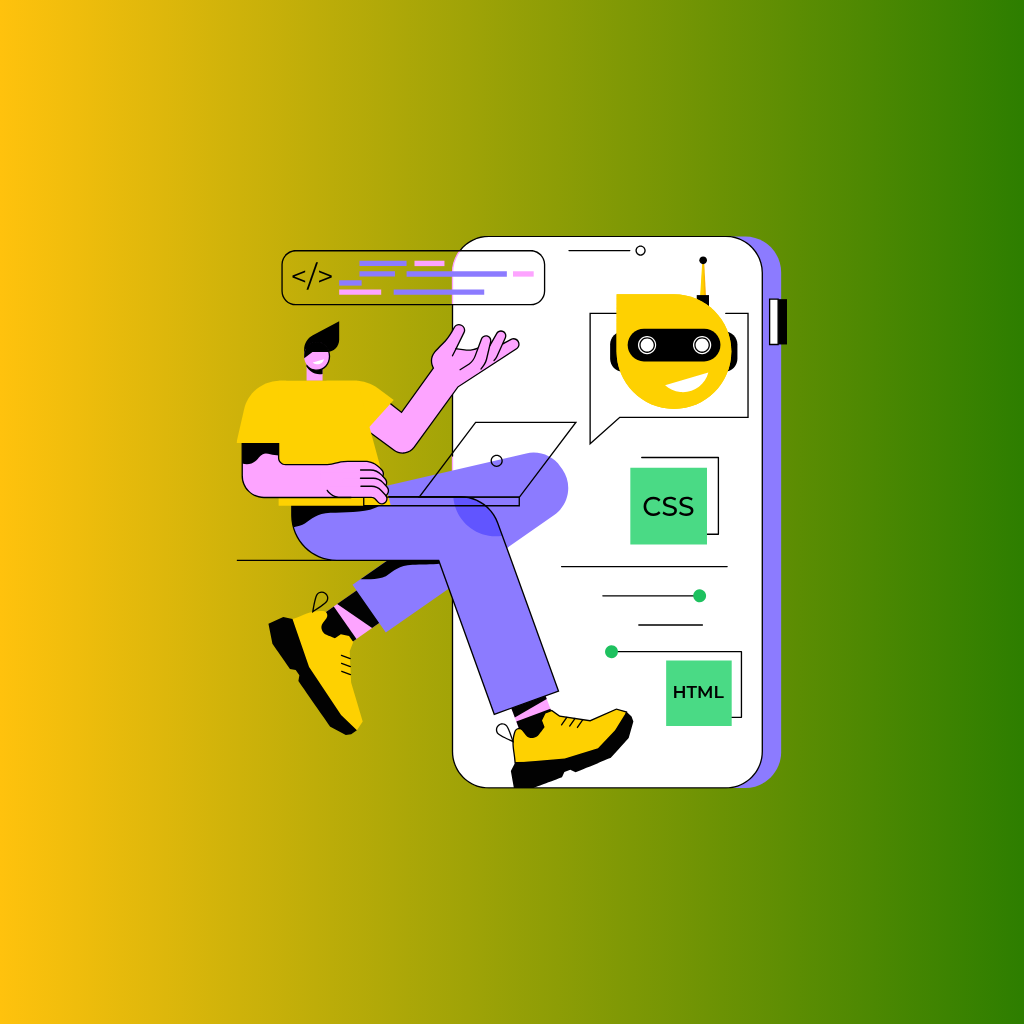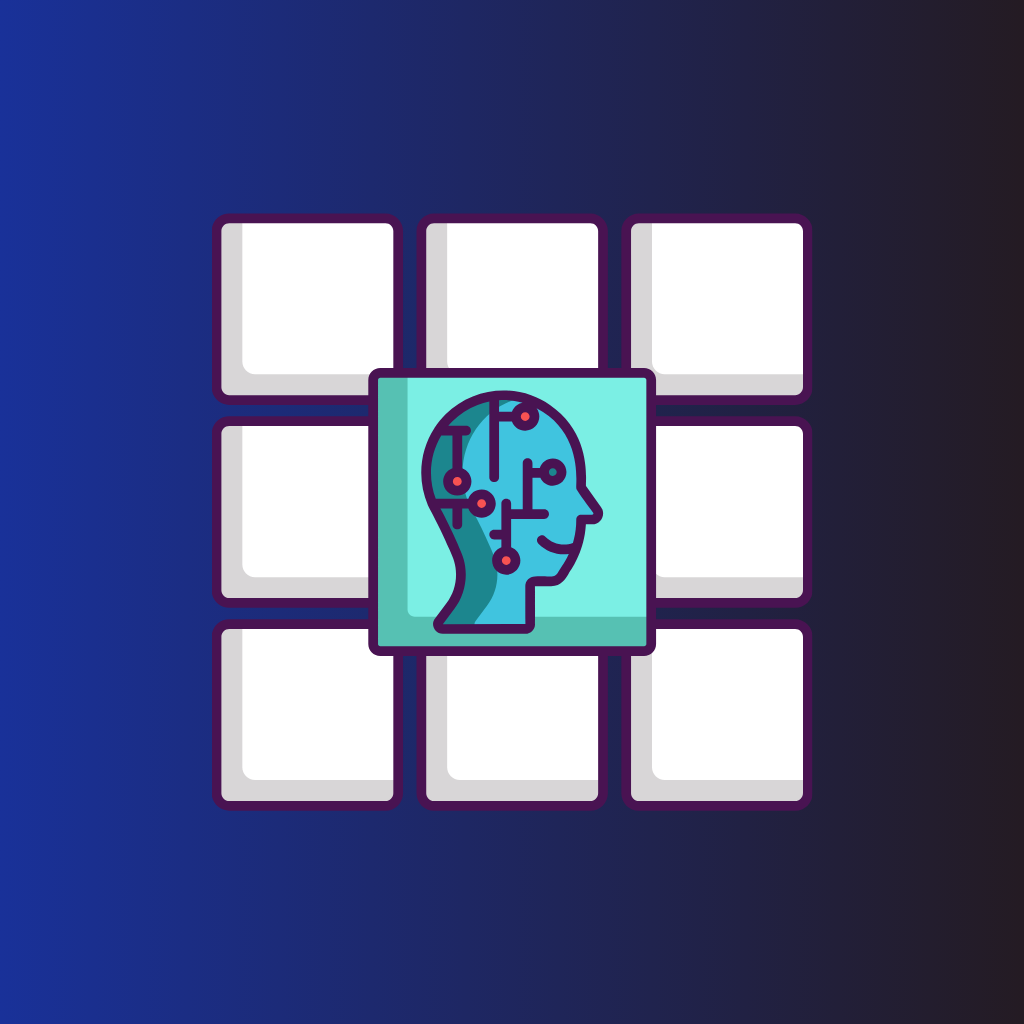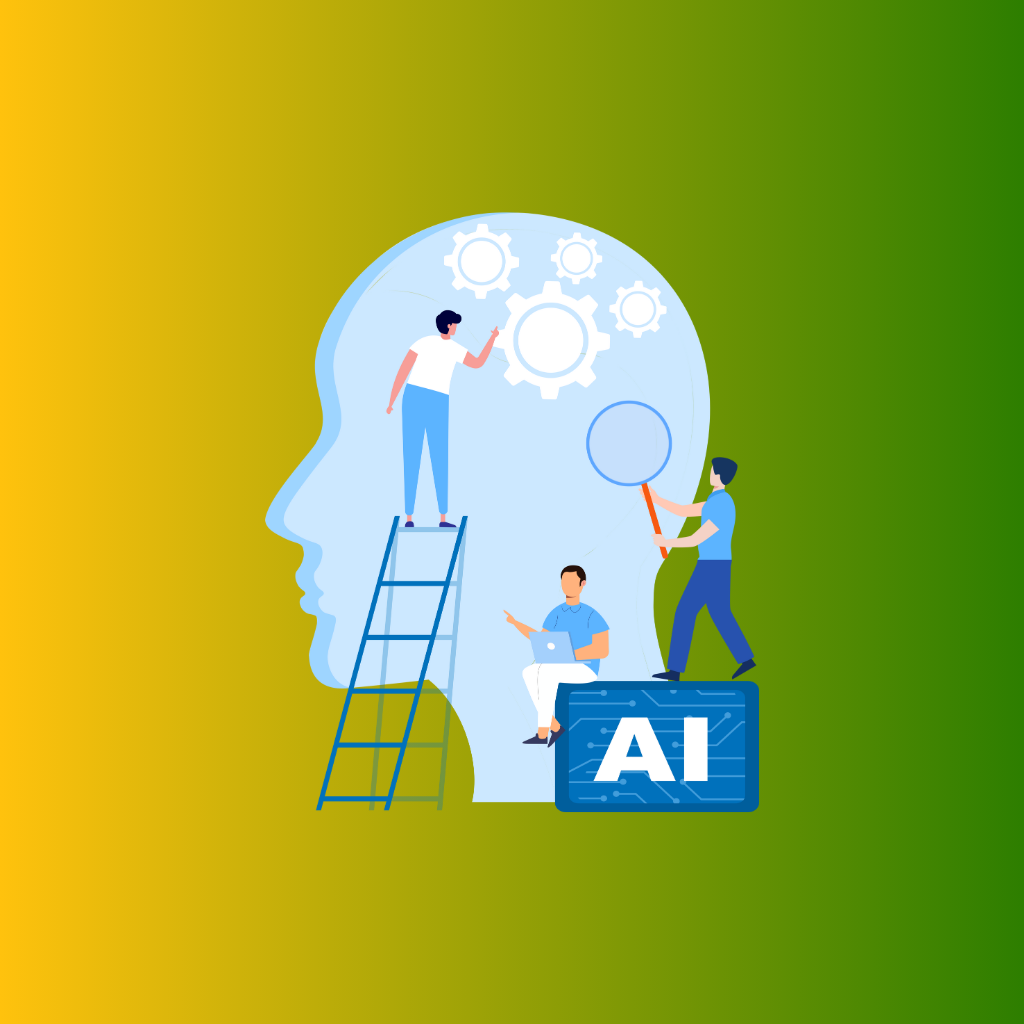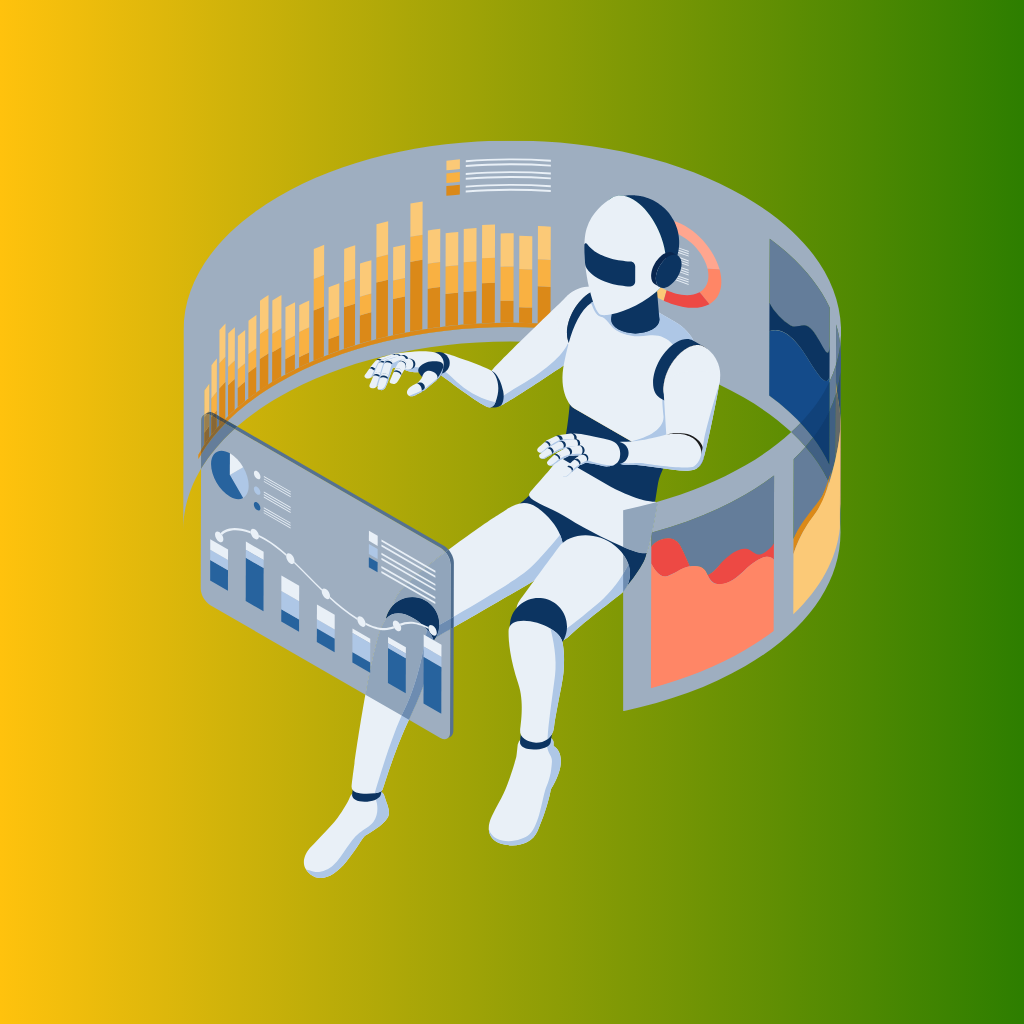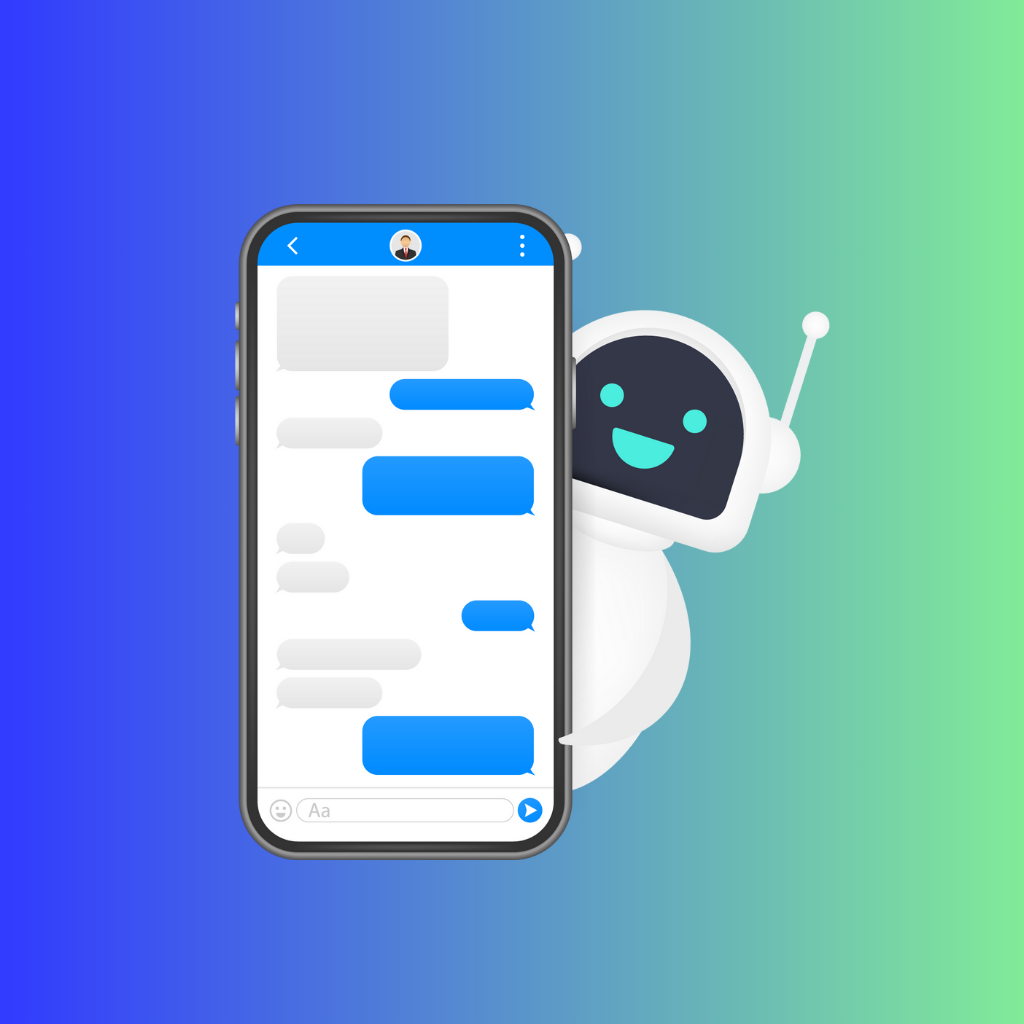Artificial Intelligence (AI) has become a cornerstone of modern app development. It's no longer just a buzzword; AI is actively shaping the way apps are designed, developed, and maintained. By integrating AI, developers can create smarter, more efficient, and highly personalized applications that meet the growing demands of users.
In 2024, AI continues to revolutionize the app development landscape by offering enhanced capabilities in automation, personalization, security, and predictive analytics. The progress in AI is not just about making apps smarter; it's about transforming the entire development process, making it faster and more cost-effective. This shift allows businesses to innovate at a pace previously thought impossible, opening new avenues for growth and success.
As we delve deeper into the specifics of AI in app development, it's essential to understand the fundamental technologies driving these changes and how they're being applied in real-world scenarios.
I. Understanding AI in App Development
Definition of AI and Its Relevance to App Development
Artificial Intelligence (AI) refers to the simulation of human intelligence processes by machines, especially computer systems. These processes include learning (the acquisition of information and rules for using the information), reasoning (using rules to reach approximate or definite conclusions), and self-correction. In the context of app development, AI enables applications to perform tasks that typically require human intelligence, such as recognizing speech, understanding natural language, making decisions, and identifying patterns.
AI's relevance to app development lies in its ability to significantly enhance the functionality and user experience of applications. By incorporating AI, developers can create apps that are not only more intuitive and responsive but also capable of delivering highly personalized experiences. AI helps in automating mundane tasks, improving app performance, and offering predictive insights that can drive business decisions.
Key AI Technologies and Tools Used in 2024
- Machine Learning (ML)
- Definition: A subset of AI, machine learning involves training algorithms to learn from and make predictions or decisions based on data.
- Usage in App Development: ML is widely used in recommendation systems, fraud detection, predictive maintenance, and customer support chatbots. It helps apps learn from user interactions and improve their responses over time.
- Natural Language Processing (NLP)
- Definition: NLP is a branch of AI that focuses on the interaction between computers and humans through natural language.
- Usage in App Development: NLP is used in voice assistants, chatbots, sentiment analysis, and translation services. It enables apps to understand, interpret, and respond to user inputs in a human-like manner.
- Computer Vision
- Definition: This field of AI enables machines to interpret and make decisions based on visual inputs from the world.
- Usage in App Development: Computer vision is applied in facial recognition, object detection, augmented reality (AR), and content moderation. It allows apps to analyze and respond to visual data, enhancing user interactions and security.
- AI-Driven Development Tools
- Usage in App Development: Tools like automated code review systems, bug detection software, and performance optimization tools use AI to streamline the development process. These tools help developers write cleaner code, identify issues early, and optimize app performance, reducing the time and cost of development.
- AI-Powered Analytics
- Usage in App Development: AI analytics tools help in understanding user behavior, market trends, and app performance. By analyzing vast amounts of data, these tools provide actionable insights that can guide decision-making and strategy.
a) AI-Driven Automation in Coding and Testing
AI-driven automation is revolutionizing the coding and testing phases of app development. Traditional coding and testing processes can be time-consuming and prone to human error. AI addresses these challenges by automating many aspects of these tasks, thereby increasing efficiency and accuracy.
- Automated Code Generation: AI tools can now write code snippets based on high-level descriptions provided by developers. These tools use natural language processing to understand the requirements and generate corresponding code. This not only speeds up the development process but also reduces the chances of syntax errors.
- Automated Testing: AI-powered testing tools can automatically generate test cases, execute them, and identify potential bugs or performance issues. These tools learn from previous test cycles to improve their accuracy and efficiency over time. This means faster detection and resolution of bugs, leading to more reliable and robust applications.
- Code Review and Optimization: AI tools can review code for potential issues, suggesting improvements for optimization and security. This helps in maintaining high code quality and ensures that best practices are followed consistently.
b) Personalized User Experiences Through AI
Personalization is a key factor in user engagement and retention. AI enables apps to deliver highly personalized experiences by analyzing user behavior and preferences.
- Recommendation Systems: AI algorithms analyze user interactions to provide personalized recommendations, whether it’s products in an e-commerce app, songs in a music streaming app, or articles in a news app. This keeps users engaged by offering content that aligns with their interests.
- Adaptive User Interfaces: AI can modify the app interface based on user behavior and preferences. For example, an app might change its layout, color scheme, or navigation structure to suit individual user tastes, enhancing the overall user experience.
- Chatbots and Virtual Assistants: AI-powered chatbots and virtual assistants provide personalized support and interaction. They use natural language processing to understand user queries and provide relevant responses, making user interactions more intuitive and satisfying.
c) Enhanced Security Measures Using AI
Security is a critical concern in app development, and AI is playing a pivotal role in enhancing it. AI technologies are used to detect and prevent security threats in real-time, ensuring that apps remain secure and trustworthy.
- Anomaly Detection: AI systems can monitor app activity and detect anomalies that may indicate a security threat. These systems learn from historical data to identify patterns of normal behavior and flag any deviations for further investigation.
- Fraud Detection: In financial and e-commerce apps, AI is used to detect fraudulent activities by analyzing transaction patterns and user behavior. Machine learning algorithms can identify unusual activities that may signify fraud, allowing for immediate action.
- Secure Authentication: AI-powered authentication methods, such as facial recognition and fingerprint scanning, provide secure and convenient ways for users to access their accounts. These methods are harder to compromise compared to traditional passwords.
d) Transformative Efficiency with AI
AI is transforming the efficiency of app development and operation, enabling faster development cycles and more effective resource utilization.
- Resource Management: AI tools help in optimizing resource allocation during the development process. They can predict the required resources for various tasks and manage them efficiently, reducing wastage and ensuring timely project completion.
- Continuous Integration and Deployment (CI/CD): AI enhances CI/CD pipelines by automating various stages of development, testing, and deployment. This leads to faster and more reliable releases, allowing developers to focus on innovation rather than repetitive tasks.
- Performance Monitoring: AI tools continuously monitor app performance and provide insights for improvement. They can predict potential performance issues and suggest optimizations, ensuring that the app remains efficient and responsive.
e) AI in Predictive Analytics for User Behavior and Market Trends
Predictive analytics powered by AI provides valuable insights into user behavior and market trends, helping businesses make informed decisions and stay ahead of the competition.
- User Behavior Analysis: AI analyzes user data to predict future behavior, such as which features they are likely to use or which products they may purchase. This information helps businesses tailor their offerings and marketing strategies to meet user needs more effectively.
- Market Trend Prediction: AI models can analyze vast amounts of market data to identify emerging trends and predict future developments. This enables businesses to adapt quickly to market changes and capitalize on new opportunities.
- Churn Prediction: By analyzing user engagement and interaction patterns, AI can predict which users are at risk of leaving the app. This allows businesses to implement retention strategies proactively, such as personalized offers or targeted communication.
AI's integration into app development in 2024 is creating smarter, more efficient, and user-centric applications. From automating coding and testing to enhancing security and personalizing user experiences, AI is reshaping the entire development process. Businesses that embrace these AI-driven advancements can expect to see significant improvements in their app quality, user satisfaction, and overall market competitiveness.
Conclusion
In 2024, AI is revolutionizing app development by automating coding and testing, enhancing personalization, improving security, increasing efficiency, and providing predictive insights. These advancements are making app development faster, more accurate, and more user-centric. AI-driven tools are helping developers write better code, detect and fix issues promptly, and create apps that adapt to user preferences. Enhanced security measures powered by AI are safeguarding user data and preventing fraud. Predictive analytics is enabling businesses to understand user behavior and market trends, allowing for more informed decision-making.
The future of AI in app development looks promising. As AI technologies continue to evolve, they will become even more integrated into the development process, bringing about more sophisticated and intelligent applications. The use of AI will extend beyond development, influencing app marketing, customer support, and overall business strategies. The continuous improvement of AI algorithms and the increasing availability of data will enable more accurate predictions and more personalized user experiences. Furthermore, AI's role in enhancing security will become even more critical as cyber threats continue to evolve.
